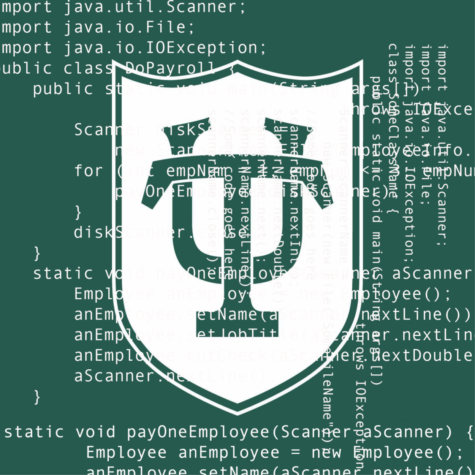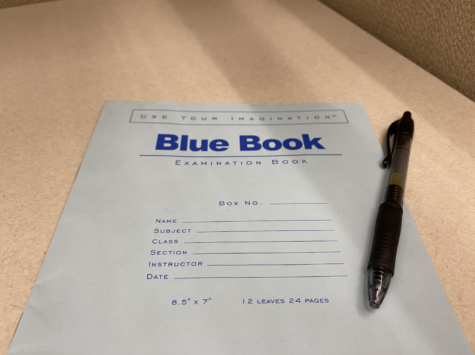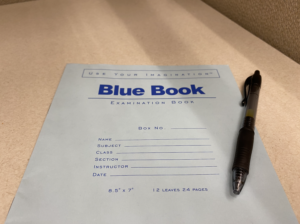Final exam crunch crashes ChatGPT
May 2, 2023

The popular artificial intelligence tool, ChatGPT, crashed on Tulane University’s Wi-Fi network this week, prompting student concerns as final exams approach.
The crash appeared to result from an influx of traffic to the website on Tulane’s “eduroam” network.
The university said they have not blocked access to ChatGPT. Provost Robin Forman said in January that Tulane would not restrict the service on student Wi-Fi.
But the problem quickly led to student speculation, and many were left scratching their heads after the shutdown occurred.
Sophomore Johnny Kirven was using ChatGPT to study for his Organizational Behavior exam when the chatbot malfunctioned and prevented him from continuing his work. Kirven switched from eduroam to his cellular network, which allowed him to continue.
Kirven said he uses ChatGPT to generate mock exam questions, and the service helps him prepare for his finals.
“It’s the best way to study for me,” Kirven said, “The questions that it generates are exactly like the ones that I would get on my exam.”
Noel Wong, vice president of information technology, said the server problems were due to throttling — a tactic internet providers employ to ease network congestion. Throttling intentionally slows down someone’s connection to a website. This tactic limits the bandwidth of a network and restricts the Wi-Fi network’s ability to receive and send data.
According to Wong, ChatGPT likely shut down because of the volume of requests it was getting from Tulane students. “ChatGPT throttles user traffic by network,” Wong said, “Due to [the] amount of requests coming from the users on the Tulane network, we observed throttling activities by ChatGPT.”
The outage did not affect every student, and some said they were able to access the website even as others’ connections failed.
New York City public schools have banned ChatGPT on school networks and devices because of cheating and plagiarism concerns, but universities around the country have mostly left professors to choose the rules for its use themselves.
Regarding the future of ChatGPT, Wong said, “One would assume they may scale up to support [the] upward trend in user traffic or incentivize users to the $20 paid service.”


























Leave a Comment